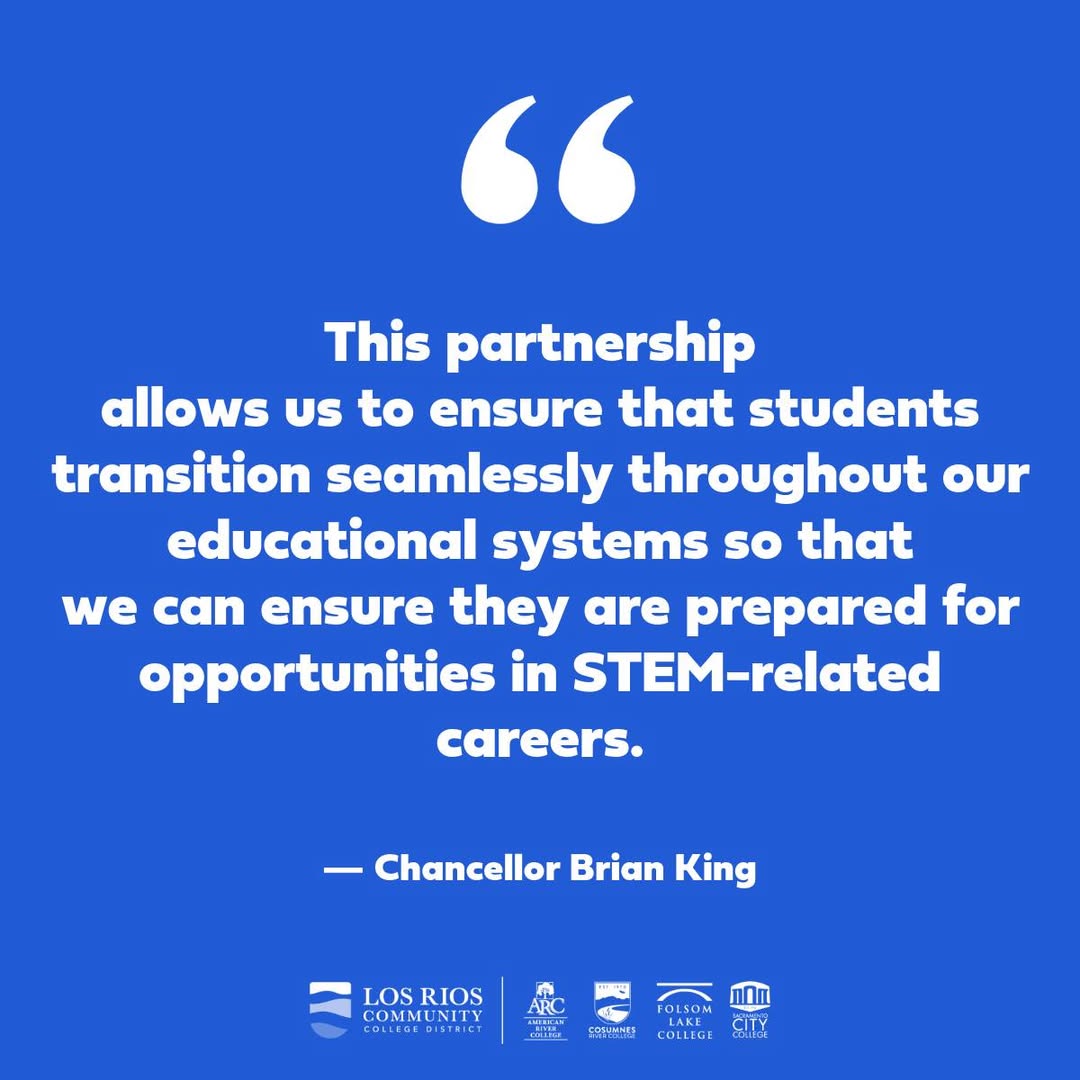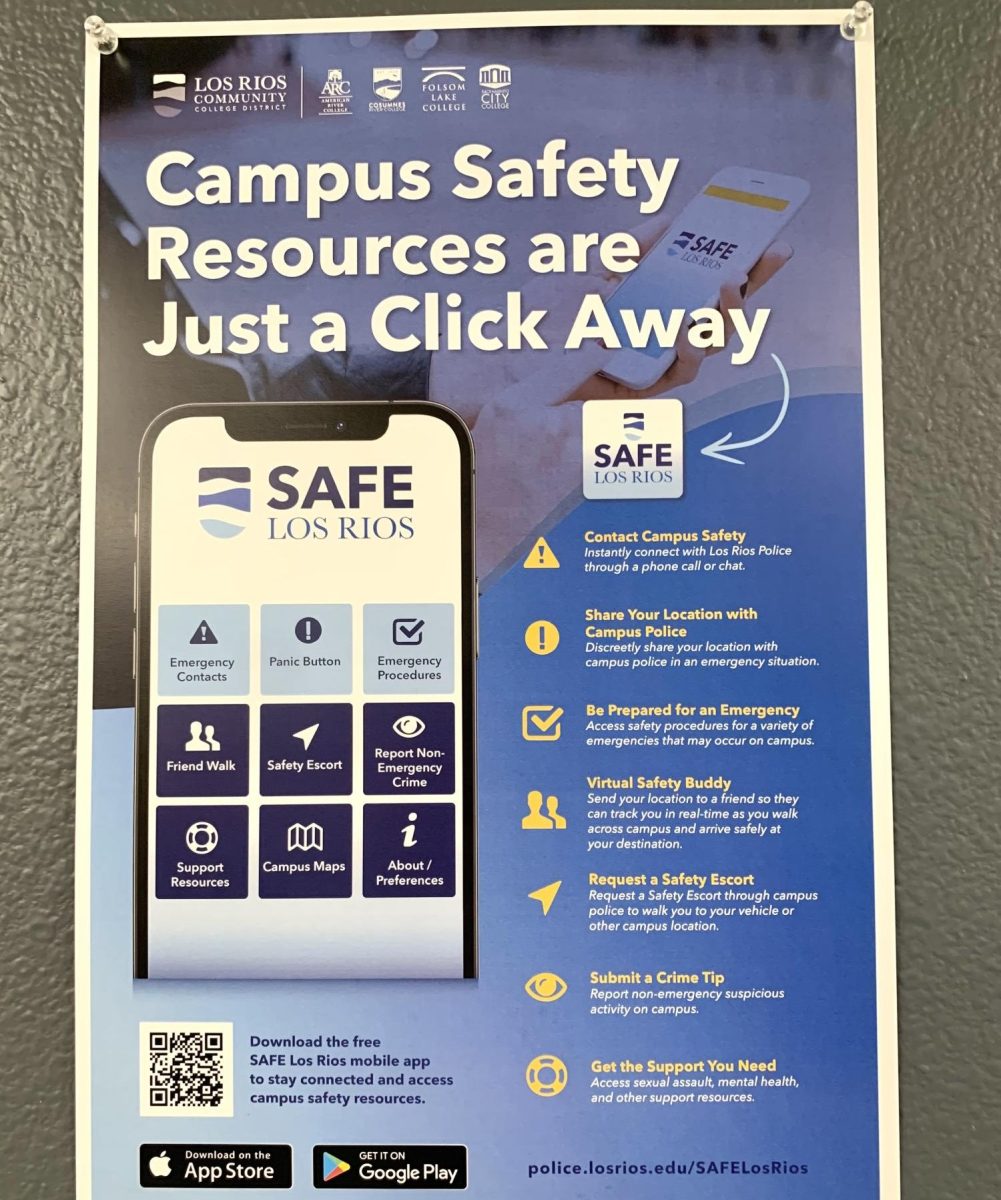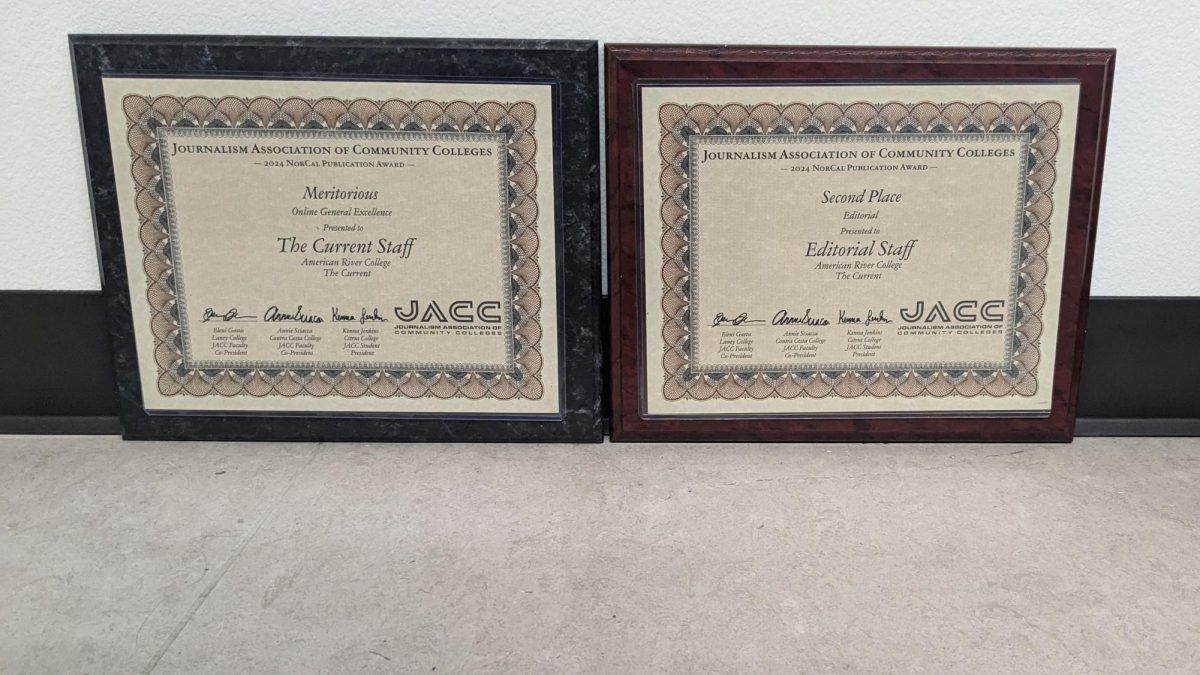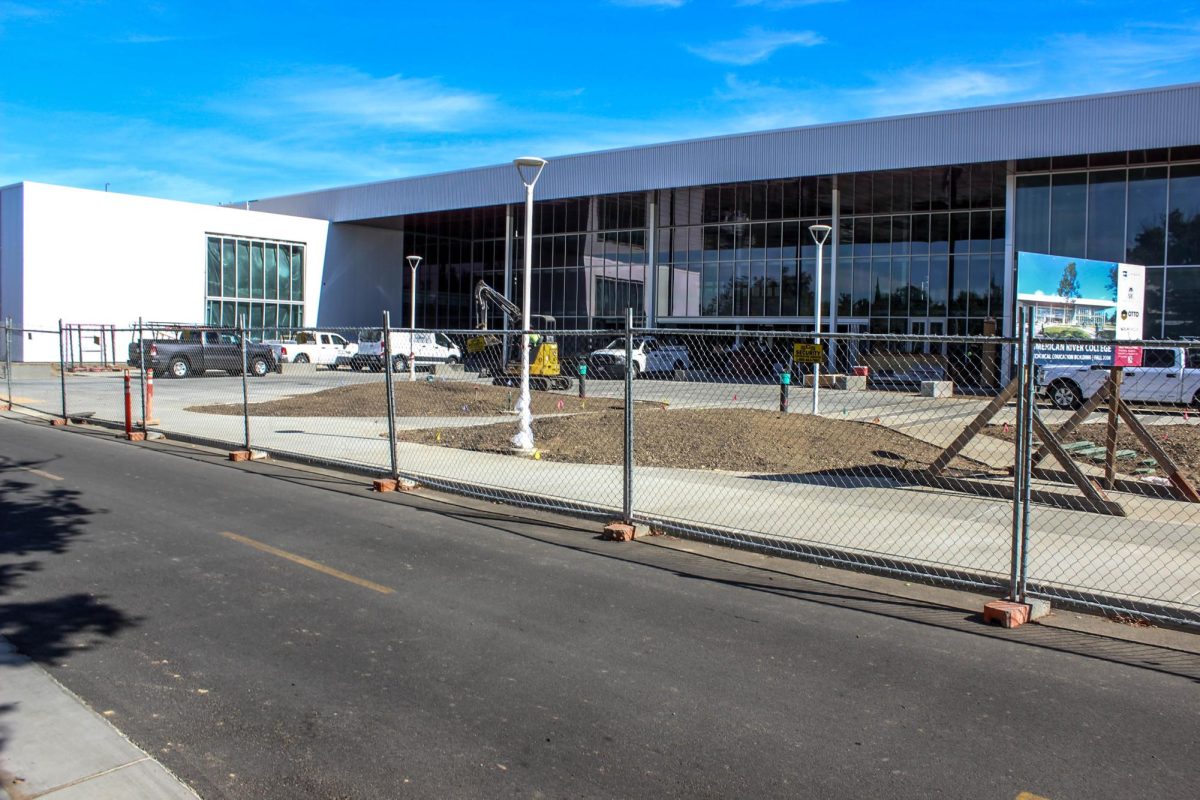What started as simple demonstrations, demanding economic security in a country with a toppling economy, has turned into a series of deadly anti-government protests.
In the past month of anti-government protests in Venezuela, 10 people have died as of this writing, according to Yahoo News, including national beauty queen and college student, Genesis Carmona.
An artificially inflated exchange rate of the country “has led to destructive distortions in the economy,” said Isabel Fleck, reporter for Fahlo Sao Paolo, a Brazilian newspaper. Such has made it difficult for importers to bring products into Venezuela, leaving some citizens struggling to find basic necessities.
With these distortions in the economy, it has been hard for traders to gather enough foreign currency to trade with outside suppliers, said Kathleen Collihan, professor of political science and Amnesty International club adviser at American River College, who studied Venezuela for her dissertation.
“(The) high inflation (Venezuela is experiencing now) means income is easily eaten away” and there is a high scarcity index of products, said Collihan.
The scarcity of items, in part, has contributed to an ever-increasing crime rate.
The Venezuelan Observatory of Violence, a nongovernmental organization, reports the homicide rate has risen 400 percent since the current regime took office 15 years ago.
Student-based groups, led by opposition leader Leopoldo Lopez, took to the streets in early February demanding economic security and protection of speech rights, claiming the government is responsible for the economic instability, according to Collihan, and that president Nicolas Maduro is “unable to manage the economy, that it is corrupt.”
But the “government response through arrest and violence motivated additional protests,” said Fleck in an interview with David Smilde for the Christian Science Monitor.
Protesters have continued to make their voices heard, now with increasing focus on demands of protection of rights to protest and rights of free speech, and pro-government groups, some of whom supported the late President Hugo Chavez, who hand-picked Maduro as his successor, have continued to press against the opposition.
The United States does have political interest in the area.
Venezuela is one of the largest producers of oil in the world, and the U.S. has a history of discord with the Chavez regime, including alleged participation in a 2002 coup d’etat attempt.
Although there are no F-1 Visa students from Venezuela attending American River College, according to Jamil Malik, student personnel assistant in International Students, Collihan said all students can learn from the events in Venezuela.
“Students in many other places in the world are a lot more willing to go out and be heard and put their lives on the line for what they believe,” she said.“As students we can support other students.”






